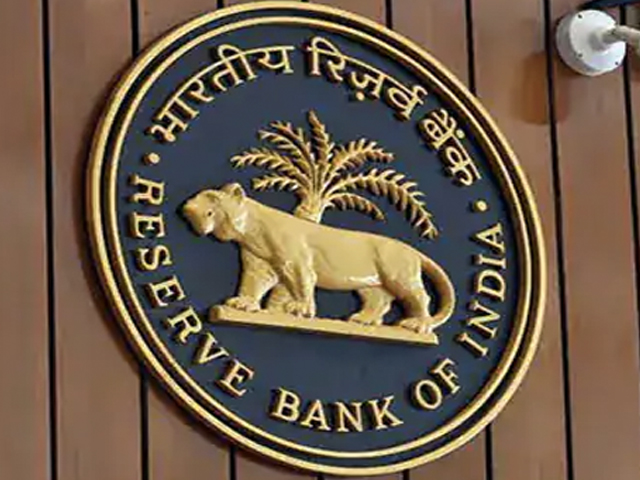Current practices involve routing funds through banks using the Swift platform. CBDCs could enable direct settlements between parties, offering advantages such as speed and cost-efficiency
New Delhi, NFAPost: The Reserve Bank of India is in discussion with its counterparts in the United States and Hong Kong, along with the Society for Worldwide Interbank Financial Telecommunications (SWIFT), on cross-border digital bank payments or central bank digital currencies (CBDC), according to a report by The Economic Times (ET).
Discussions between the bank regulators are exploring the feasibility of fast, low-cost digital cross-border financial transactions. An internal RBI working group is actively studying the technological aspects to create a roadmap for direct cross-border transactions between countries.
CDBC has the potential to revolutionise cross-border settlements, particularly in the context of Swift-facilitated transactions. Current practices involve routing funds through banks using the Swift platform.
CBDCs could enable direct settlements between parties, offering advantages such as speed and cost-efficiency. The move aligns with India’s recent agreements for real-time cross-border fund transfers with countries like Singapore and the UAE.
While acknowledging the advantages, the ET report highlights the need for India to address challenges and mitigate associated risks. The RBI, which initiated wholesale and retail CBDC pilots in December 2022, is committed to promoting the “e-rupee” for domestic transactions and expanding its use cases.
Additionally, countries, including China, the European Union, the US Federal Reserve, and Brazilian authorities, have been actively exploring and piloting CBDCs. Therefore, collaborative efforts with like-minded counterparts may help determine whether wholesale CBDC can generate non-USD cross-border settlements while reducing transaction costs.
This move also aligns with the broader trend of countries exploring the transformative potential of CBDCs in reshaping traditional payment systems and fostering more efficient cross-border transactions.
The reserve bank has also been looking into methods to increase CBDC adoption in India. The RBI, along with the National Payments Corporation of India (NPCI) aims to streamline CBDC usage, making digital payments as straightforward as traditional cash transactions.
To this end, the RBI has established a sandbox allowing startups to experiment with various CBDC use cases, specifically targeting offline and feature phone-based payments.
Displaying Balfour Manuel Managing Director Blue Dart (003).jpg.





